Hi, and welcome to the HiLIFE-trainee blog!
I am Martina Peltonen, a master’s student in the Genetics and Molecular Biosciences (GMB) program with just a few courses left before graduation. Currently, I am working in Klefström Lab, an established cancer research laboratory within the Faculty of Medicine at University of Helsinki. At Klefström Lab, we explore therapeutic intervention strategies related to cancer cell metabolism and apoptosis, with the transcription factor MYC being a key player in our research. I have also completed my Master’s Thesis in Klefström lab, where I have investigated how MYC affects mitochondrial Complex I in triple-negative breast cancer.
The MYC conference is a biannual event focusing on the transcription factor MYC, as it is a common pancancerous player. The summer 2024 conference was held at the Karolinska Institute, one of the world’s leading medical universities, located near the center of Stockholm.
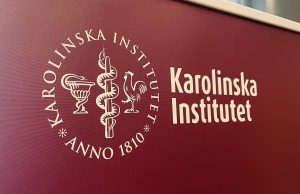
The conference featured presentations by leading experts in this field, along with short-talks, rapid-fire presentations, discussion sessions, and poster sessions. Given the close relevance of MYC to our research, Klefström lab attended with a majority of its members. Some of us arrived in Stockholm a few days prior to the conference, while others stayed a few days longer to enjoy the sunny city.
The two-day conference was packed with extensive amounts of data, the latest discoveries in the field, innovative research findings, and new therapeutic approaches for targeting MYC. The first day focused on MYC regulation and its molecular functions, while the second day was dedicated to MYC’s role in oncogenesis and potential targeting strategies, including synthetic lethality methods.
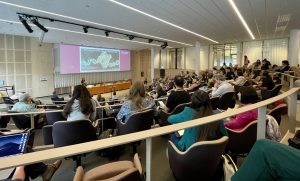
Thanks to international HiLIFE conference funding, I was able to join our delegation and present some of my Master’s Thesis data during the poster session. Although it was a bit intimidating to present my own data for the first time, I received great support from my supervisors and lab members. The poster session initiated some very insightful discussions with fellow researchers in a less formal environment, providing a great opportunity for networking.
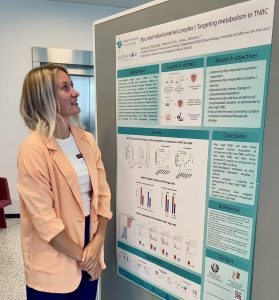
The MYC conference in Stockholm was a wonderful experience that not only deepened my understanding of MYC but also highlighted the collaborative spirit and innovation driving cancer research. The knowledge shared by leading experts and the engaging discussions during the poster sessions provided me with valuable insights for my ongoing work at Klefström lab. I am grateful for the opportunity to be part of this vibrant scientific community and to contribute to unraveling the complexities of MYC in cancer.
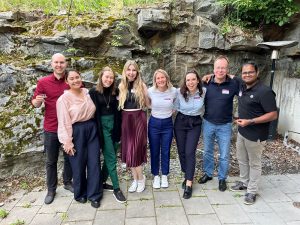
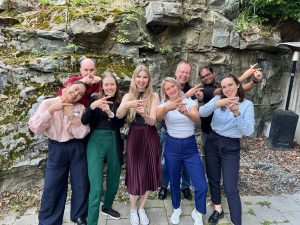
Martina Peltonen
